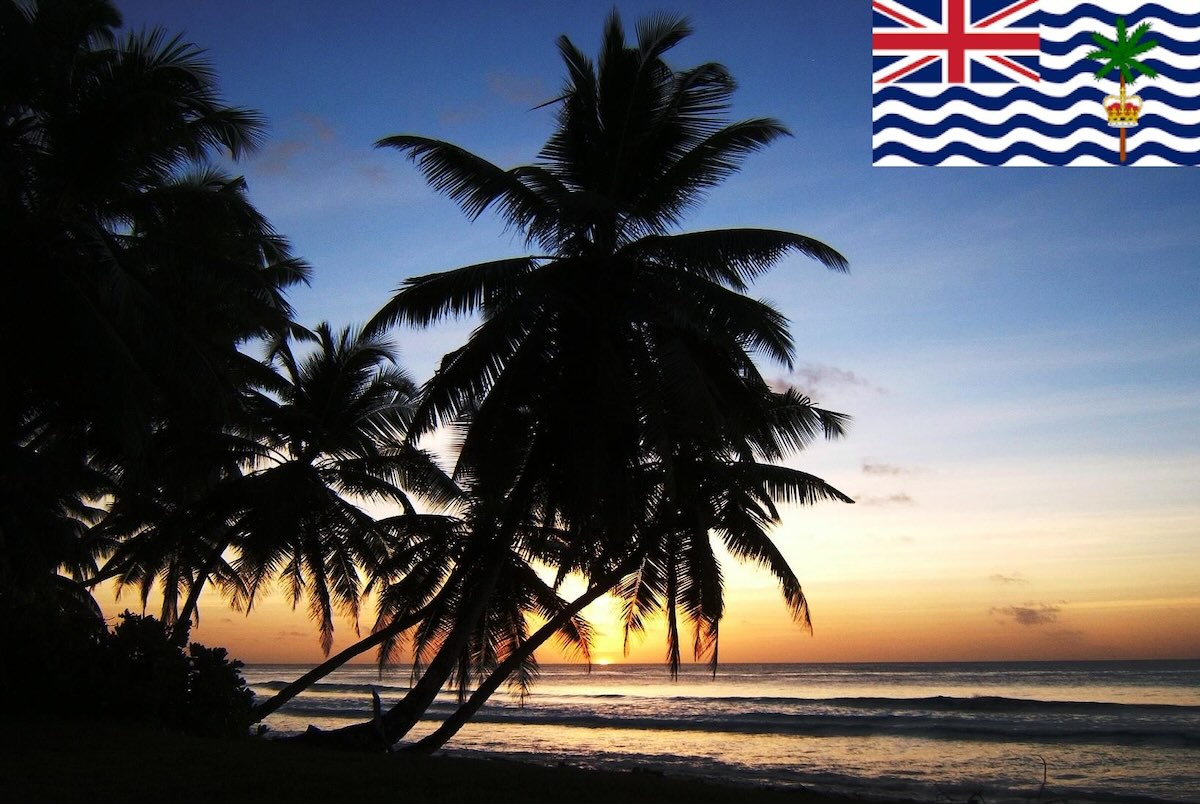
Britain is to return its last African colony to Mauritius, ending decades of abuses of the Chagos island and its residents, whom it forcibly expelled from the islands in the 1960s and 1970s.
However, Britain is to retain a 99-year lease on a joint UK-US military base on one of the seven atolls, Diego Garcia.
The agreement will allow 2,000 Chagossians to their homeland, but has stopped short of agreeing reparations for a British crime against humanity and one of the most shameful episodes of postwar colonialism.
A controversy continues over Britain’s intentions for the largest island of Diego Garcia, and its huge military base, the main reason London decided to partition the strategically located colony as Mauritius achieved independence in 1968.
Olivier Bancoult, chair of the Chagos Refugee Group, who was four years old when his family was deported, welcomed it, describing it as “a big day”.
“This has been a long struggle lasting more than 40 years and many of our people have passed away,” said Mr Bancoult, who had mounted a series of legal challenges over the sovereignty of the islands in the British courts since 2000.
“But today is a sign of recognition of the injustice done against Chagossians who were forced to leave their homes.”
He said it was not yet clear how many Chagossians would return to the islands, some of whom have become uninhabitable, while expressing sadness that that those born on Diego Garcia would not be able to return there.
The first of 13 rounds of negotiations began in 2022, an abrupt change after years of London defying court rulings – including a 2019 opinion from the UN’s highest court and UN general assembly vote, which all said it should return the islands to Mauritius.
Two years later the International Court of Justice also sided with Mauritius in a ruling.
At first, Britain defied all of this, calling it an “advisory opinion, but negotiations which began under Liz Truss’s Conservative government have now concluded.
The agreement is subject to a treaty that the parties will seek to conclude as soon as possible.
US officials were “intimately involved” in the British negotiations with Mauritius, according to envoy Jonathan Powell, who played a central role in negotiating the 1998 Good Friday Agreement in Ireland.
Some Chagossians who live in Britain say they were not consulted on the recent agreement. A group gathered in Westminster while Lammy made his statement.
One said: “We don’t have a say, it’s as if we don’t count. We are just like their puppets. Where are our human rights?””
Another said: “I’d love to go back... I’d love to go there for longer than one week. The UK is not my country but I have to be here just to try get back to where I belong.”
Predicatably, there were jingoistic accusations of ‘betrayal’ by right-wing groups in Britain who bemoaned the perceived threat to Britain’s sense of empire. Nigel Farage of the Reform party claimed it had been a “surrender” to a “spurious, political foreign court”.
Despite the fact that negotiations were begun under the Conservative government, all four Tory leadership candidates – including James Cleverly, who as foreign secretary, announced the discussions – cynically condemned the deal as being harmful to British interests.
But few disputed it sets the scene for further British decolonisation, and comes in the wake of Britain’s successful return of Hong Kong to China in 1997.
Argentina this week again reiterated its demand for the return of Las Malvinas in the south Atlantic, also known as the Falkland Islands. The islands were claimed by the British in 1833 and became the subject of a ten-week conflict in 1982 following a previous attempt by Argentina to reassert its sovereignty over the islands.
The country’s foreign minister, Diana Mondino, welcomed the step taken to end “outdated practices” with the return of the Chagos Islands to Mauritius. She promised “concrete action” to ensure that Las Malvinas are returned to Buenos Aires. “The Malvinas were, are and will always be Argentine,” she said.
There has been pressure for the process to continue elsewhere, with the decolonisation of the Pitcairn Islands, the return of Gibraltar to Spain, and the end of the partiton of Ireland.
British Foreign Secretary David Lammy described the deal with Mauritius as a “historic moment” and a “victory for diplomacy”, and claimed the “particular circumstances around the Chagos Islands are “not comparable” to other territorial disputes.
However, British Prime Minister Keir Starmer, asked in parliament to guarantee that no other British territories would be signed away, avoided a direct answer and instead replied: “The single most important thing was ensuring that we had a secure base, the joint US-UK base; hugely important to the US, hugely important to us.”
![[Irish Republican News]](https://republican-news.org/graphics/title_gifs/rn.gif)
![[Irish Republican News]](https://republican-news.org/graphics/title_gifs/harp.gif)

